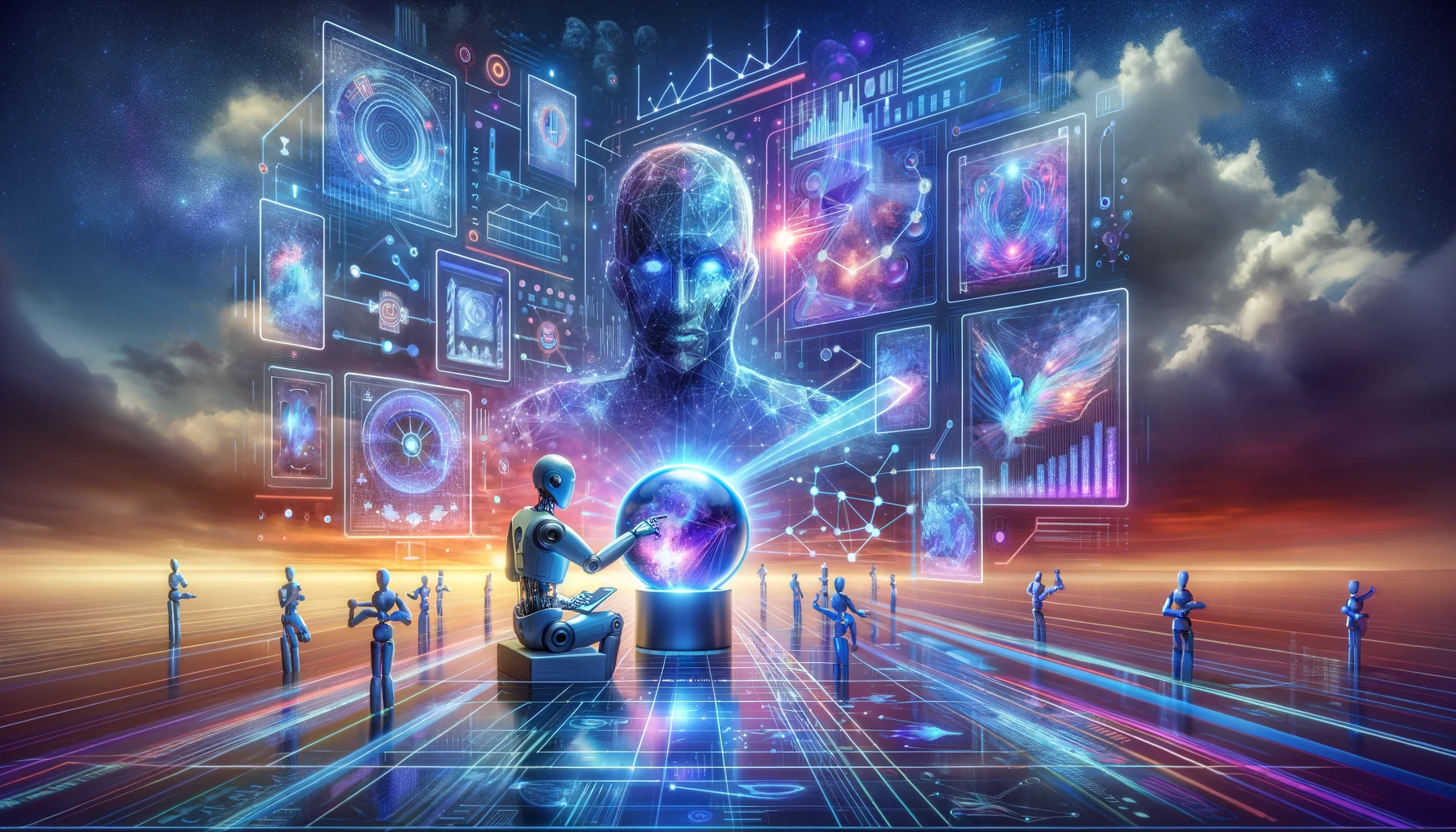Hey - welcome to this article by the team at neatprompts.com. The world of AI is moving fast. We stay on top of everything and send you the most important stuff daily.
Sign up for our newsletter:
The realm of artificial intelligence (AI) has reached remarkable new heights, as recent advancements reveal its newfound capability to forecast events in human lives. Groundbreaking studies have demonstrated that AI transformer models, similar to those employed in systems like ChatGPT, can be trained using comprehensive datasets detailing various aspects of human existence.
These sophisticated models can now predict future occurrences in individuals' lives, including estimating the time of death with notable precision.
The Science Behind Predicting Life Events

AI's capability to predict human lives is grounded in its ability to process language and analyze large datasets. These datasets, often encompassing sensitive health data and personality traits, enable AI models to discern patterns in human behavior.
The mathematical structure of such models, including transformer and other advanced neural networks, is designed to interpret long sequences of written language and translate them into meaningful predictions.
The intersection of AI with social and health sciences marks a significant leap in predicting preventable life events. For instance, researchers are now exploring how AI can forecast health-related events, potentially transforming how we address medically preventable conditions.
This synergy between AI and health sciences opens doors to a more nuanced understanding of an individual's risk factors, aiding in early intervention strategies.
Technical University of Denmark's Contribution
Pioneering research at the Technical University of Denmark exemplifies the strides made in this field. Their studies demonstrate how AI can predict life events, ranging from changes in social dynamics to the time of death, with such precise answers that it sparks a democratic conversation about the ethical implications of using this technology.
The Role of Large Language Models
Large language models, a cornerstone of AI's predictive capabilities, are trained during an initial phase where they learn to mimic and model written language. These models can predict events in people's lives by analyzing patterns and sequences in vast amounts of data, including social media posts, news articles, and other digital footprints.
Ethical Considerations and Future Prospects
As AI continues to evolve, it raises fundamental questions about privacy and the ethical use of sensitive data. Tech companies and researchers are actively working to address these concerns, ensuring that AI's predictive abilities are used responsibly and for the greater good.
Predicting Life Events: A Look Ahead
The potential of AI to predict life events and human behavior is vast. From anticipating social trends to providing insights into health and well-being, AI's role in understanding human life's tapestry is only beginning. As this technology advances, we can expect even more sophisticated and nuanced predictions, helping us navigate life's complexities with greater foresight and clarity.
In Conclusion
The ability of artificial intelligence to predict human life events is a remarkable testament to the convergence of computer science, social sciences, and health sciences. As we continue to explore and refine these technologies, we stand on the brink of a future where AI not only predicts but also enhances the quality of human lives.

Social and Health Sciences: A New Frontier